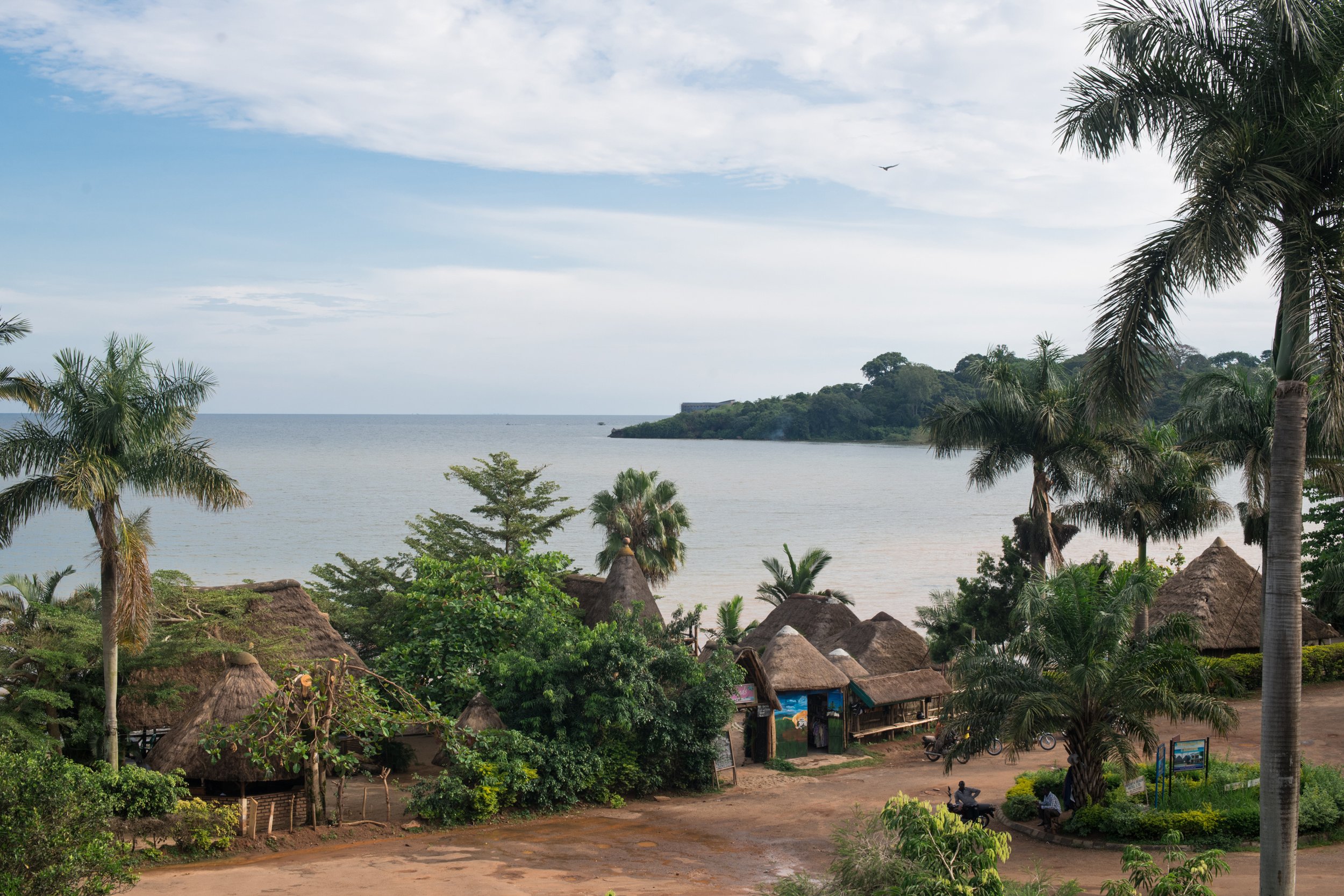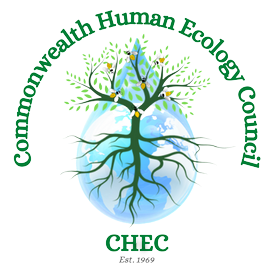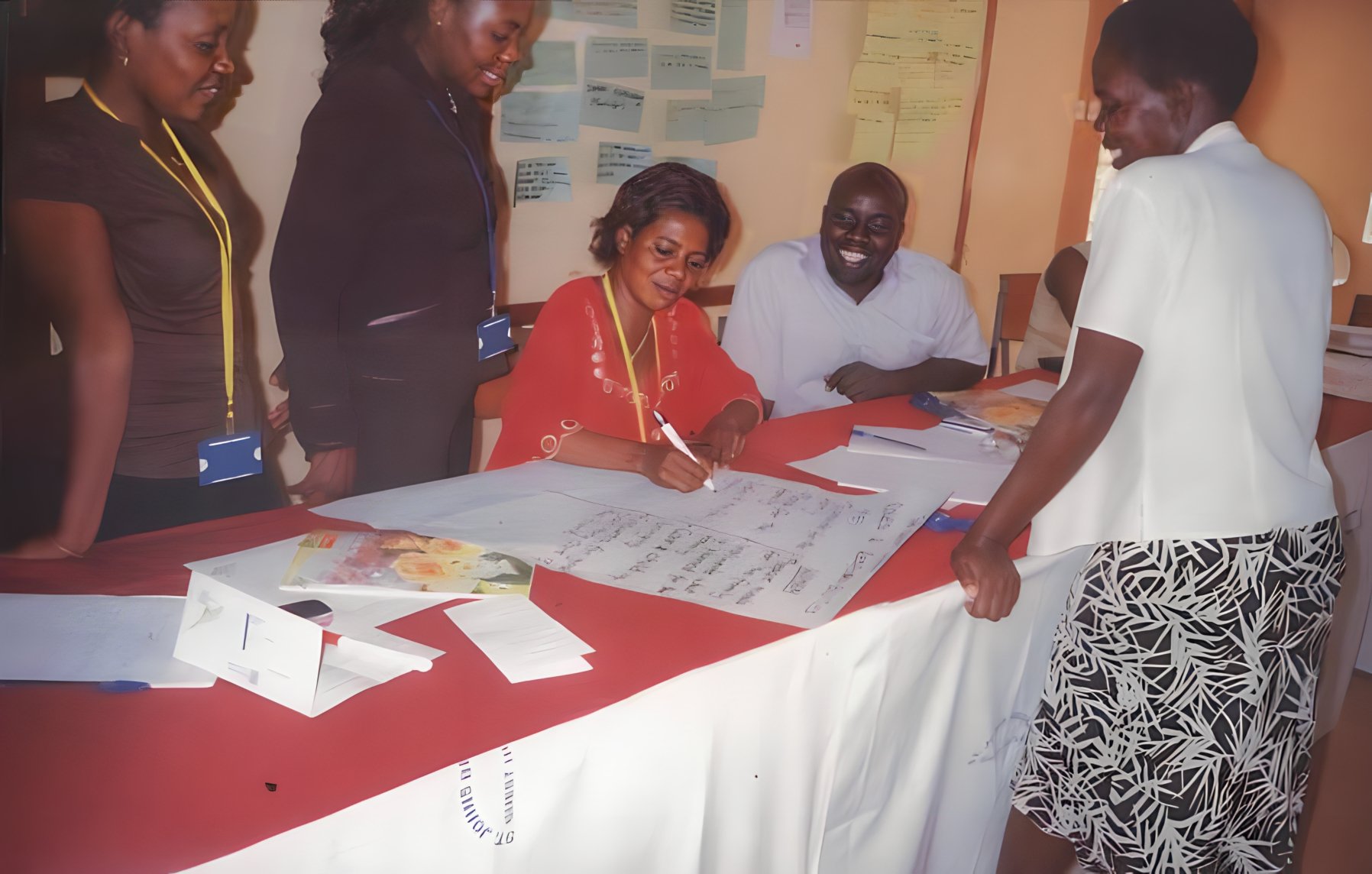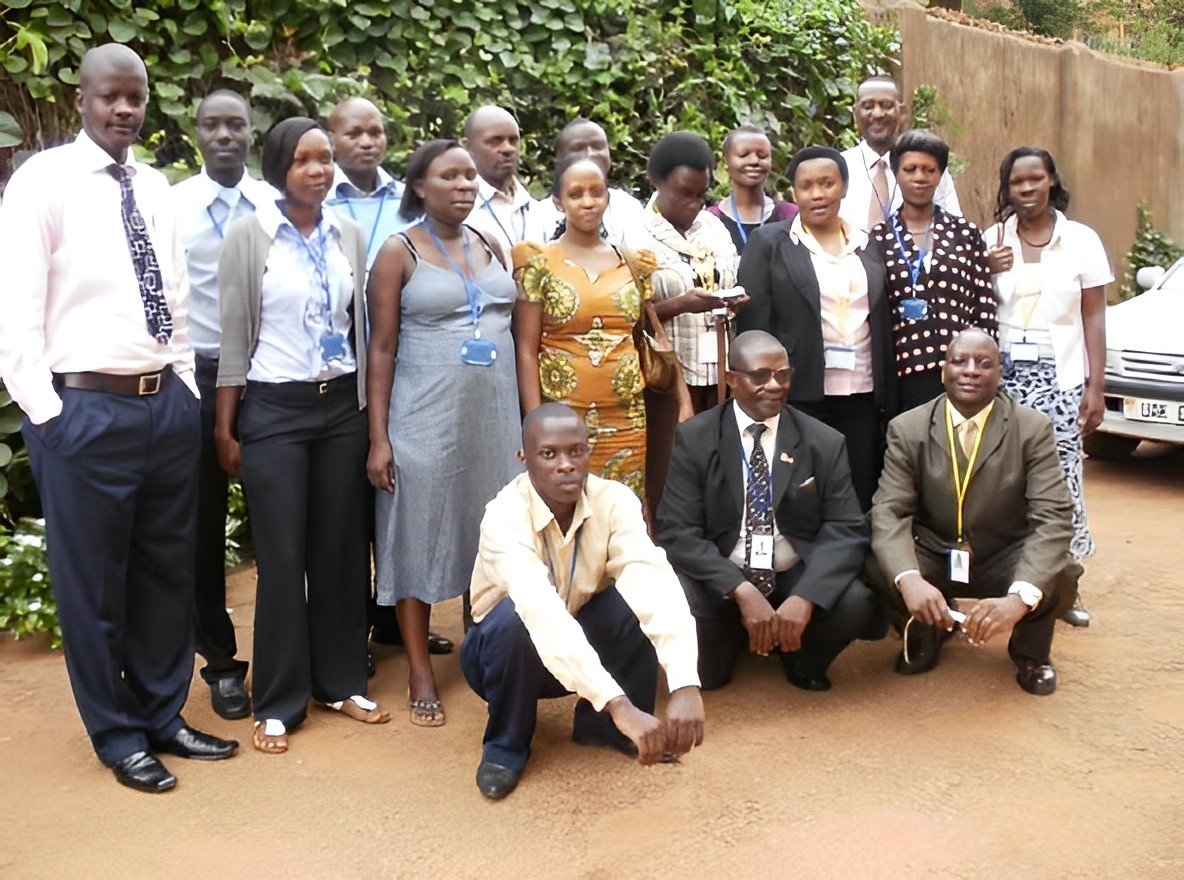
Gender Mainstreaming in Transboundary Water Resource Management
Lake Victoria in East Africa is the world’s third largest freshwater lake by surface area. It supports major fisheries and water transport and has some high density rural populations on its shores. However, it is changing rapidly and careful management of the surrounding water catchment area is required to prevent severe deterioration of both human livelihoods and the health of aquatic ecosystems. With financial support from the Commonwealth Foundation, CHEC worked 2009-2012 to improve people’s capacity to manage the water catchment area wisely.
Management of Water Resources within the Lake Victoria Basin
Four “training the trainers” workshops were held on Integrated Water Resources Management and advocated a gender-mainstreaming approach. The workshops were organised by CHEC Governing Board member, Patricia Kabatabazi, of the Community based Impact Assessment Network for Eastern Africa (CIANEA). Initial workshops were held in Kampala, Uganda and Munyoro, Tanzania with participants from government agencies and diverse civil society organisations. The principles of gender mainstreaming were explained and participants were asked to return to their organizations and communities and train others about gender equality and women’s rights. A third workshop was held in Kampala in September 2010 with participants from Tanzania, Kenya, Rwanda and Uganda representing sixteen organizations. The workshop evaluated the success of previous trainees and aimed to equip the participants with knowledge and skills required to design and conduct practical training courses in mainstreaming gender into Transboundary Water Resources Management.
In January 2012, a fourth workshop was funded by the Commonwealth Foundation through a “Women as Agents of Change” special grant. This workshop also returned previous participants to talk about their experiences. The 2012 workshop also reached out to more countries, including Burundi, Rwanda, Tanzania, Kenya and Uganda.
Project Outcomes
CHEC’s collaboration with Community based Impact Assessment Network for Eastern Africa (CIANEA) Uganda has helped the latter to make considerable progress towards its three specific goals: to mitigate impacts which rise from community based small activities by half by 2015; to reduce the number of people without access to safe water by half by 2015; and to reduce gender conflicts in trans-boundary water resource management by half by 2015.
Patricia Kabatabazi was subsequently invited to share her experience at several meetings on water management in Uganda, including the Lake Victoria Region Local Authorities Cooperation (LVRLAC) workshop on climate change and the Nile Day Dialogue among women/gender focused civil society organisations in Uganda, including the Uganda Nile Basin Discourse and the National Association for Women’s Action in Development.
CIANEA Trainers are determined to network with other countries, to solve the conflicts which rise in use of water resource management.
-
Lake Victoria in Uganda and participants from bordering nations Tanzania, Rwanda, Kenya
-
2009 - 2012
-
Hold four “train the trainers” workshops on Integrated Water Resources Management while advocating for a gender-mainstreaming approach.
Withe principles of gender mainstreaming learned, the hope is that participants would return to their organizations and communities and train others about gender equality and women’s rights.
The final workshop should workshop reach out to more countries; including Burundi, Rwanda, Tanzania, Kenya and Uganda.
-
CHEC’s collaboration with CIANEA Uganda has helped the latter to make considerable progress towards its three specific goals: to mitigate impacts which rise from community based small activities by half by 2015; to reduce the number of people without access to safe water by half by 2015; and to reduce gender conflicts in trans-boundary water resource management by half by 2015.
Read the full project report here






